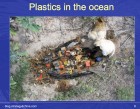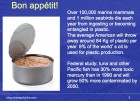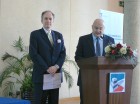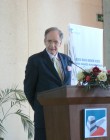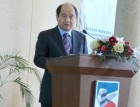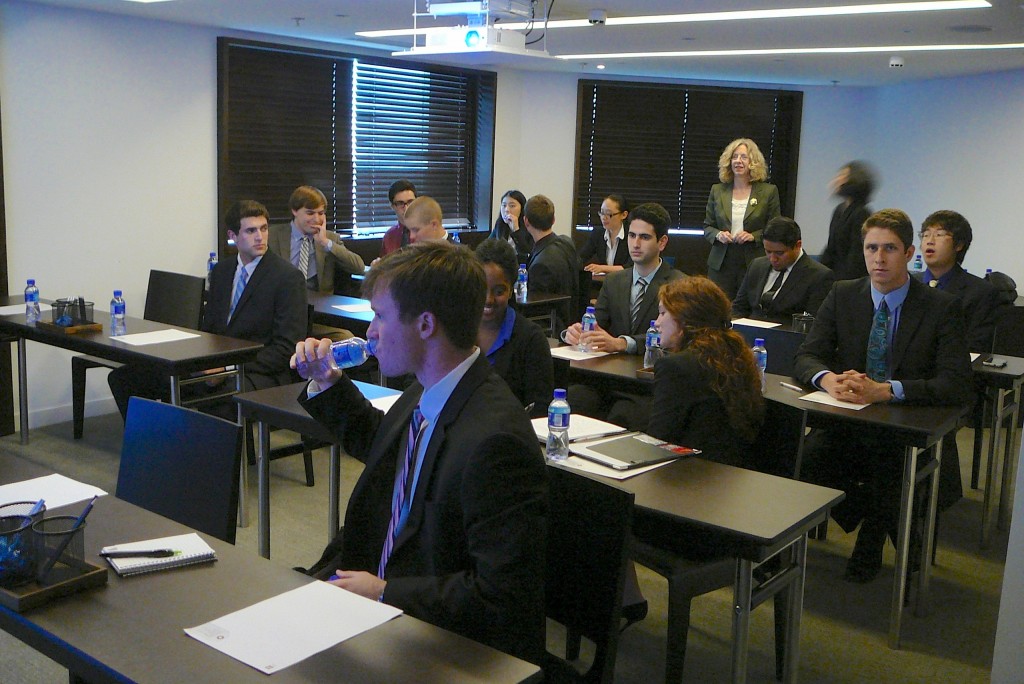As discussed in my book, we waste tons of plastics that pollute our soil, the rivers, lakes and oceans. The problem is that those plastics now enter the food chain (enjoy your fish!) but also use oil. See here two slides of my book presentation, talking about plastics in a dead albatross and more.
But some people show the way – there are solutions, not only to waste less but to recycle.
In an efficient and safe effort to save us from the ill-effects of plastic waste, Akinori Ito has developed a machine which converts plastic back into oil.
See the clip in Japanese with English subtitles.
http://www.flixxy.com/convert-plastic-to-oil.htm
The machine produced in various sizes, for both industrial and home uses, can easily transform a kilogram of plastic waste into a liter of oil, using about 1 kWh of electricity but without emitting CO2 in the process. The machine uses a temperature controlling electric heater instead of flames, processing anything from polyethylene or polystyrene to polypropylene (numbers 2-4). Comment: 1 kg of plastic produces one liter of oil, which costs $1.50. This process uses only about 1 kWh of electricity, which costs less than 20 cents! (as mentioned on flixxy)
